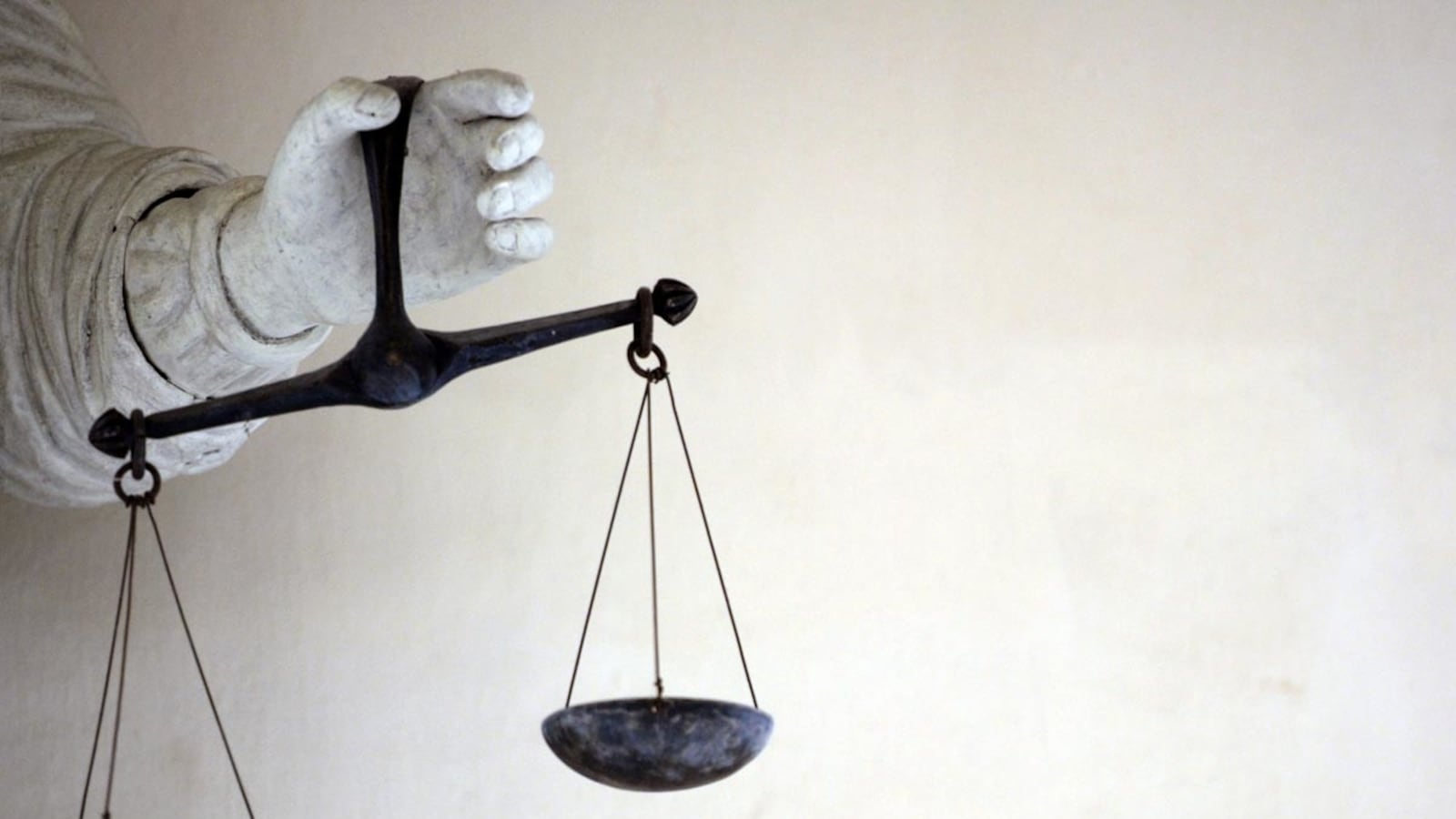Why are law schools hiding the truth? In the depths of the worst legal employment market in decades, when more than one third of recent graduates nationwide have failed to land lawyer jobs, law schools across the country still trumpet employment rates in the 90 percent range, along with glittering six-figure salaries. In response, graduates have filed fraud claims against 15 law schools around the country, with additional lawsuits in the works. Two well respected schools, Villanova and Illinois, have already acknowledged that for multiple years they claimed falsely inflated student credentials.
When called to account for their conduct, legal educators unapologetically say, “The ranking made us do it.” A pathetic excuse, to be sure, but there’s truth to it. I know because I did it too.
In 1998, I was appointed interim dean of St. John’s law school in New York City, after the school had fallen a tier in the U.S. News & World Report annual ranking. When a professor from Northwestern told me that his school was putting unemployed graduates temporarily on their payroll in low paid “research” positions as a means to boost the school’s employment percentage, a key factor in the USNWR ranking, I was astonished. But even though I knew it was a bogus move, I immediately did the same. This widespread practice is behind the implausibly high employment numbers advertised by many law schools.
In fact, law schools have been gaming the ranking for as long as it has existed. Back in 1995, soon after the ranking originated, U.S. News called out 29 law schools for “disturbing discrepancies” in the LSAT scores they reported, and observed that salaries reported by some schools “seem a bit high.” There have been irregularities ever since.
If you want to know just how deeply the ranking influences law schools, look no further than the investigative report on the misconduct at Illinois. In essence, the administration there reverse-engineered the ranking formula and took action to boost its score in each category. To bump up its LSAT median, for example, Illinois shrank the size of its entering class (lopping off the lowest LSAT scores) and admitted a bunch of transfer students in the second year to make up the lost revenue. It also created a new admissions program that allowed Illinois undergrads with high grade-point averages to enter the law school without taking the LSAT. The smoking gun was an email from the administrator in charge of the program, in which he stated that the tactic enabled him to “trap about 20 of the little bastards with high GPAs that count and no LSAT score to count against my median.”

Illinois is no outlier. Once a few deans began to aggressively game the ranking, it was inevitable that nearly all law schools would follow suit. Schools compete intensely for law students—and prospective students attach great weight to the ranking when deciding which law school to attend. The pressures on administrators come from all sides: Alumni donors are pleased when ranking goes up and irate when it goes down. Deans are routinely fired after a tumble in the ranking, and a dean who refuses to engage in gaming risks not just losing her job but also diminishing the school’s standing. In this “competition,” integrity is punished with a lower rank.
And it won’t stop: Law schools will always manipulate whatever metric U.S. News employs in its ranking, ethics be damned.
But ethics for the moment aside, the most harmful consequences wrought by these machinations lie beneath the surface. To increase their LSAT medians, law schools have shifted the bulk of scholarship awards away from need-based to merit-based. In other words, students from wealthy families used to pay full price, while students from less well-off families would receive scholarships. Now those who score below the median on the LSAT are the ones paying full fare, while those who score above get financial aid, whether or not they need it.
It’s a reverse-Robin Hood redistribution scheme: Since well-off students tend to do better on the LSAT due to advantages throughout their education (including their ability to afford test prep courses that improve their LSAT score), the students likely to earn the least in their careers end up defraying the educational expenses of the students who will earn the most.
This manner of allocating scholarships also systematically funnels students from wealthy families to higher-ranked schools and students from middle-class families to lower-ranked schools (you can forget about the poor). To see how this works, consider that a prospective student with an LSAT score of 171 (very good, but not outstanding) would be in the bottom half of the admitted class at Columbia, and must pay full tuition to attend; but this same student would be in the top quartile at Duke, and would receive a hefty scholarship. The student would then have to decide whether it is worth paying $210,000 to earn a law degree at Columbia (counting tuition and living expenses) versus $120,000 at Duke. Students from wealthy families would go to Columbia, reaping better job opportunities, while many students from families with modest incomes will pick Duke. This same dilemma plays out all through the law school hierarchy. Thousands of law students are put to this choice each year, the effect of which channels wealthy students upward and others downward.
What’s the upshot? It is inevitable that the elite legal positions in the coming generation—in the Supreme Court, Justice Department, corporate bar, and law professoriate—will be dominated by children of the wealthy. Pursuing prestige and revenue without heed to the consequences, legal educators are responsible for this. Yes, the rankings are a part of it, but in the end they are just numbers; human beings choose how to use—or misuse—them. The sad irony is that many law professors are liberals who claim to fight for the less privileged in society, yet through our own conduct we are further enhancing the advantages of the one percent.






